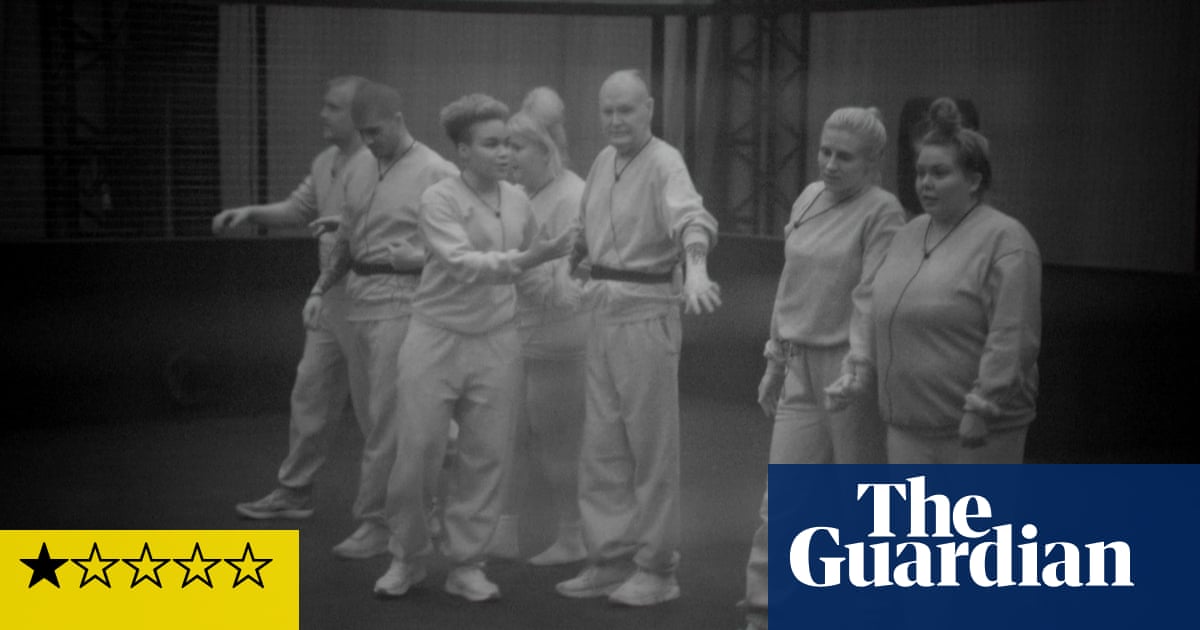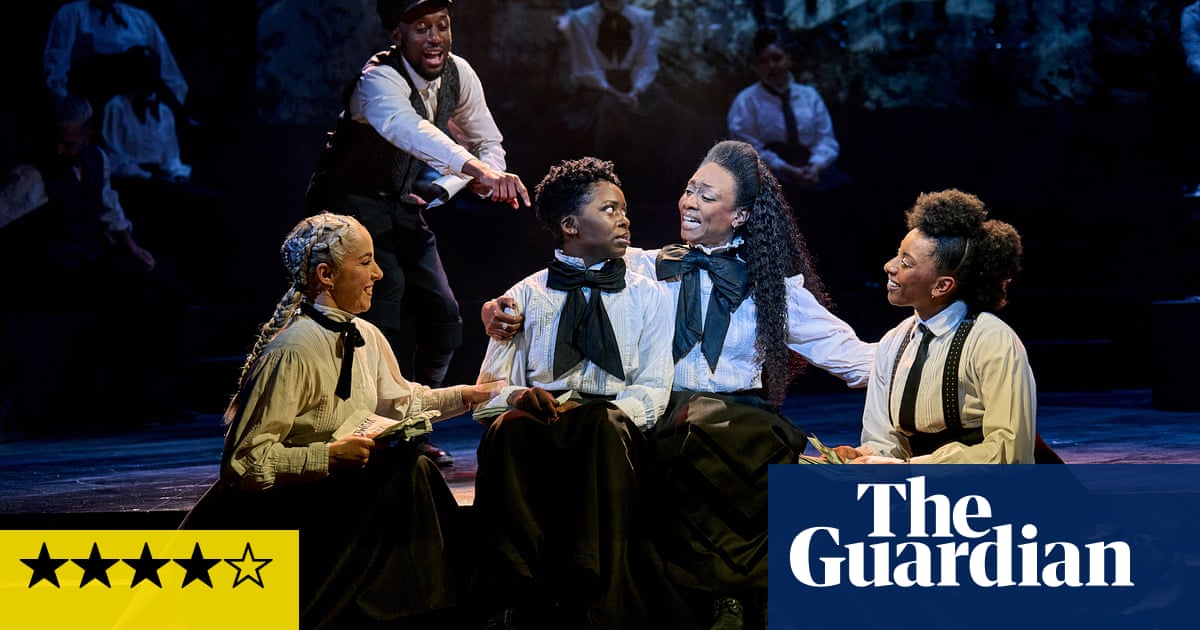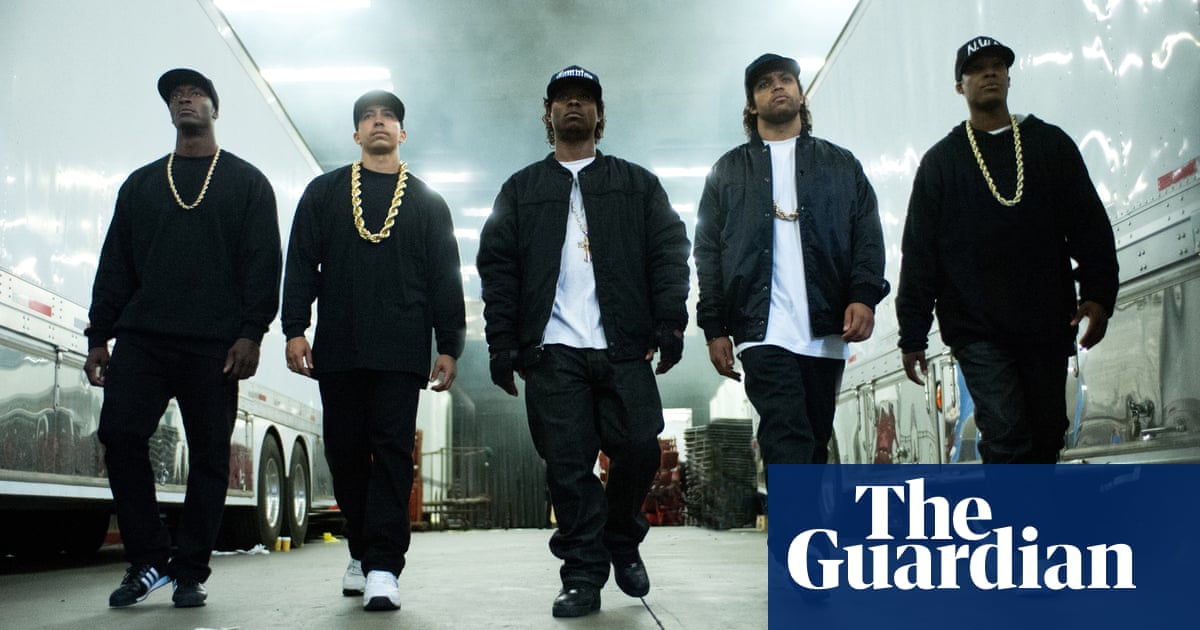
It’s not much mentioned any more, but, like the ancient Greeks’ concept of the universe, hip-hop culture comprises four elements. Instead of fire, air, water and earth, hip-hop has rapping, DJing, breakdancing and graffiti. Over the years, rap has blotted out the other three, while a potent combination of laziness and cupidity means most rappers are content to coast on personality and perceived authenticity, rather than attempt to elevate the art form to undreamed-of heights.
Innovation is now largely the preserve of hip-hop producers, today’s DJs, which is one of the reasons why hip-hop fans have fallen so hard for Kendrick Lamar in the past decade. Not only is the 35-year-old Los Angeleno a technically awe-inspiring rapper but, unlike so many before him, he takes the opportunity that his “Greatest Rapper Alive” status affords to experiment with form, content and stagecraft in ways that the culture has not seen before.
That said, it’s possible that Lamar’s place in the canon isn’t much in the mind of the giddily merry teens and twentysomethings who are the bulk of tonight’s audience. Hardly any of them would’ve finished their Highers when Lamar’s breakthrough album good kid, m.A.A.d city was released in 2012. Some of them hadn’t even reached that stage for the Damn tour five years ago. What everyone is very clear about is that this opening night of the UK leg of Lamar’s Big Steppers tour is the most exciting thing that’s happened in Scotland, and maybe the world, since then.
The crowd has good reason. Like Lamar’s Glastonbury headline slot last summer, this is a majestically constructed and choreographed show, retooled for an arena setting. The mirror in which – on stage at Glastonbury – he searched intensely for his interior flaws has gone, replaced by a giant white muslin cube used for projections, dramatic silhouettes and similar light effects. There’s also a secondary stage, almost as big as the main one, connected by a long, lit-up walkway extending two-thirds of the way into the stalls. As far as hip-hop tradition goes, it’s closer to kabuki than Ice Cube – incredibly stylised and formal, yet never feeling weighty or over-rehearsed.
The crown of metal thorns Lamar wore at Glastonbury and on the cover of this year’s Mr Morale and the Big Steppers is also absent – he’s dressed simply all in black from hoodie to single glove and boots, either stalking the stage in ready-for-war stances or stock still while 11 dancer-apostles, four women in white and seven men in black, drift on and off stage to help present various tableaux. On the surface, it’s fairly simple, big stage fare, but it all works. Damn’s Lust gives us lover Lamar, prostrate on a stage bed with claustrophobic lighting and white-clad dancers circling the bed at compass points. Alright, from 2015’s To Pimp a Butterfly, is performed from a Covid-secure triage plastic cage that appears from nowhere on the second stage. It’s a remarkable adventure playground of a set, full of tricks and wonders.
Songs from Mr Morale that on the album seem unfocused, with over-complicated beats and flow switches, are tightened up with brutal economy for the arena. We get key bars, verses and hooks from songs such as gruelling relationship drama We Cry Together or Purple Hearts, reducing the material to the best, most efficient version of itself. A classic like Swimming Pools (Drank) might be a little short-changed by this truncated approach, handed over to the crowd to sing/rap/chant, but Lamar has often spoken about how the meaning of these older songs has evolved for him over the years and perhaps this is recognition that they don’t belong to him any more, certainly not in the way that the Mr Morale songs do.
As for the music, it seems odd initially not to have any indication of where it might be coming from, apart from the upright piano that Lamar occasionally plays, but the groping bass and icy certainty of the whipcrack drums subsume everything, as the grand theatre of the spectacle completely envelops the near-hysterical, constantly pogoing crowd. It’s notable that Lamar doesn’t need a hype man or a band to foment the fans, especially on an apocalyptic arrangement of Humble and an unreasonably thrilling Backseat Freestyle. But when supporting artist Baby Keem (Lamar’s cousin) comes back out for three songs towards the end, the mini moshpits that have massed and dissolved all night collapse into a giant pogo mega mosh that briefly threatens to derail the gig entirely. A few minutes later, it really is all over. Everyone staggers out of the arena, physical exhaustion offset by mental elation, pretty sure they just saw the greatest hip-hop show of all time.












